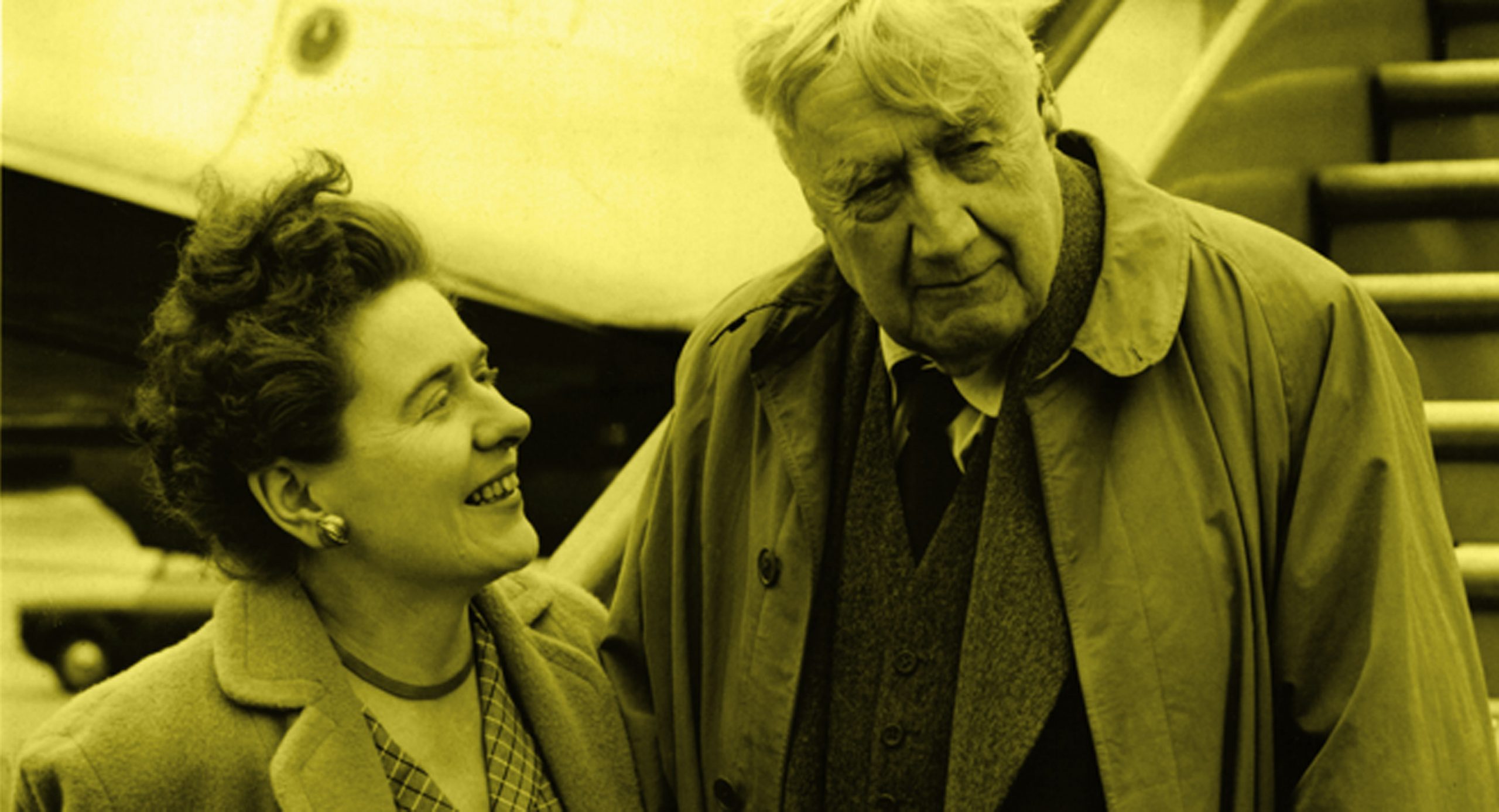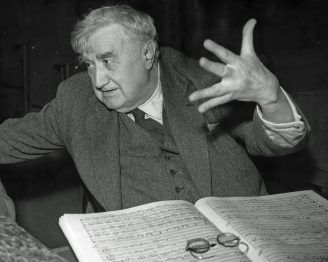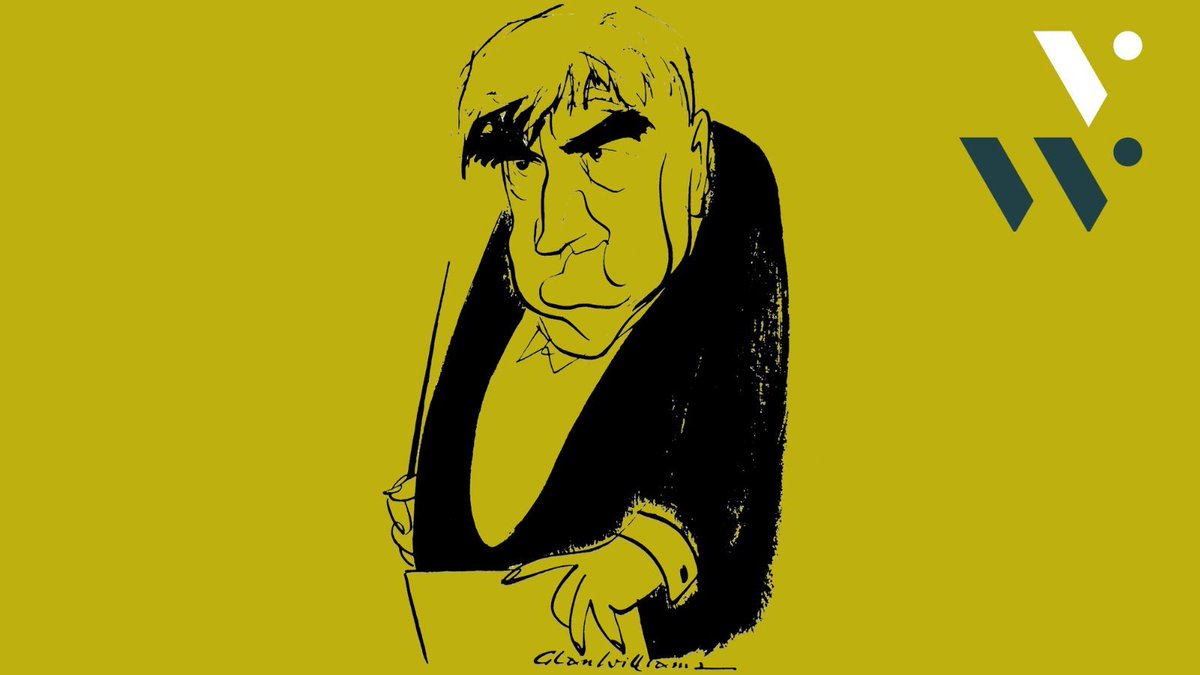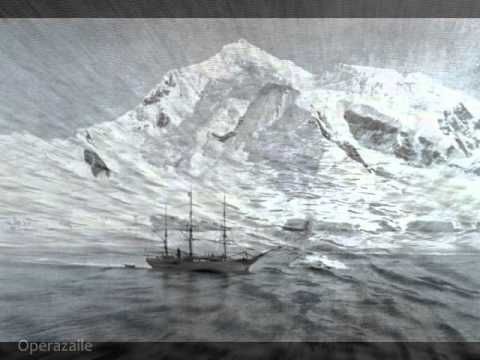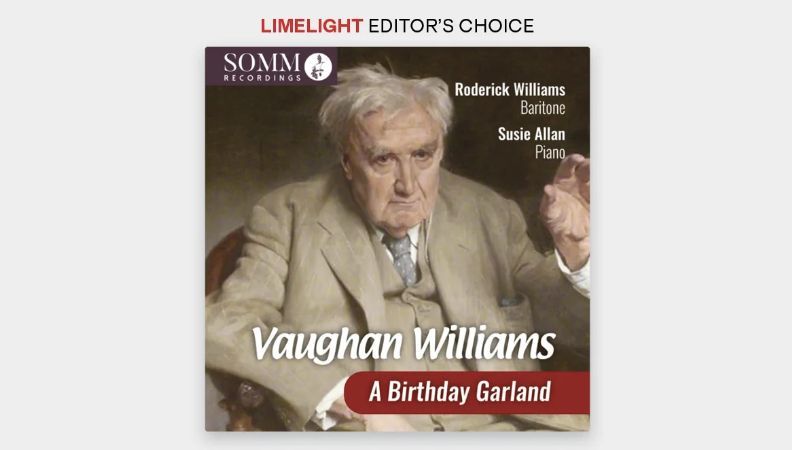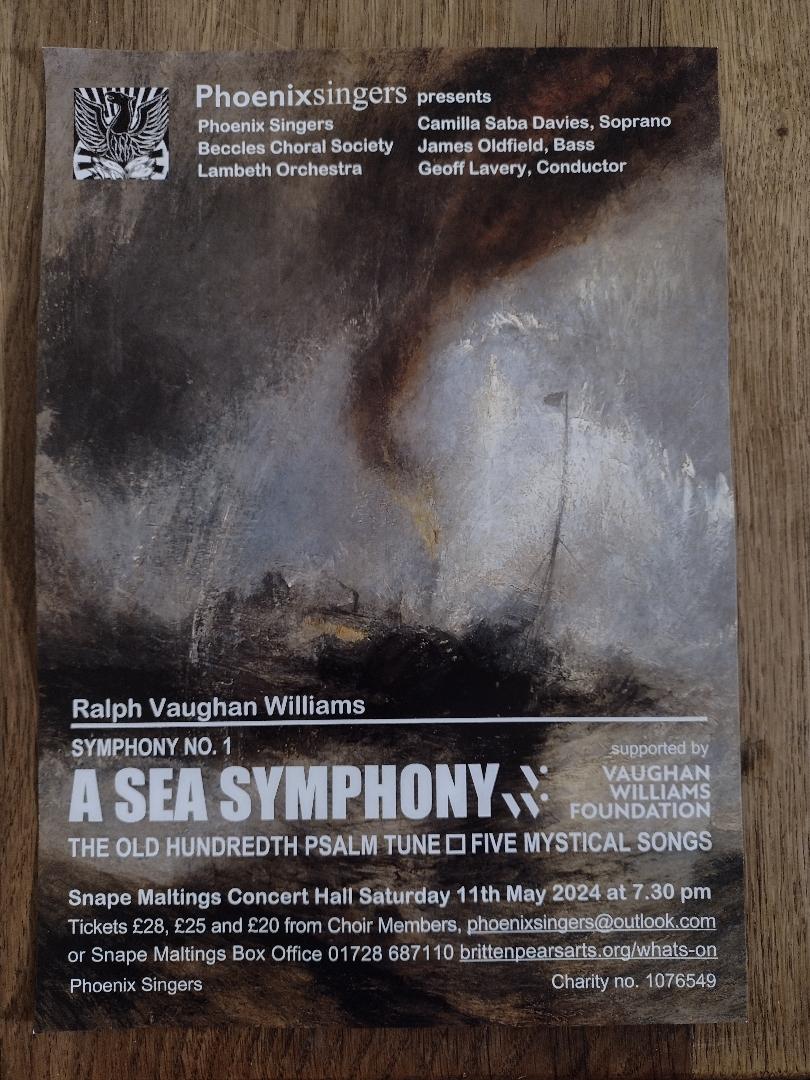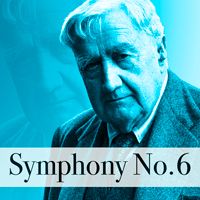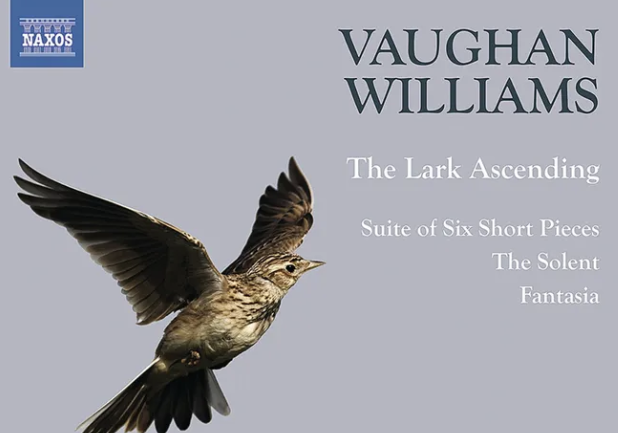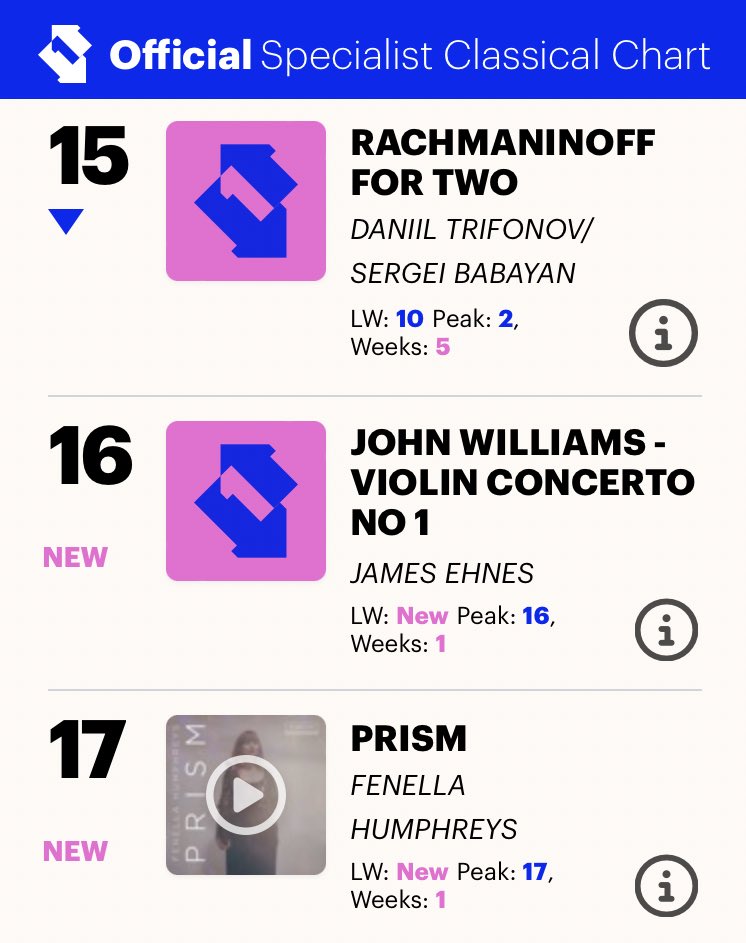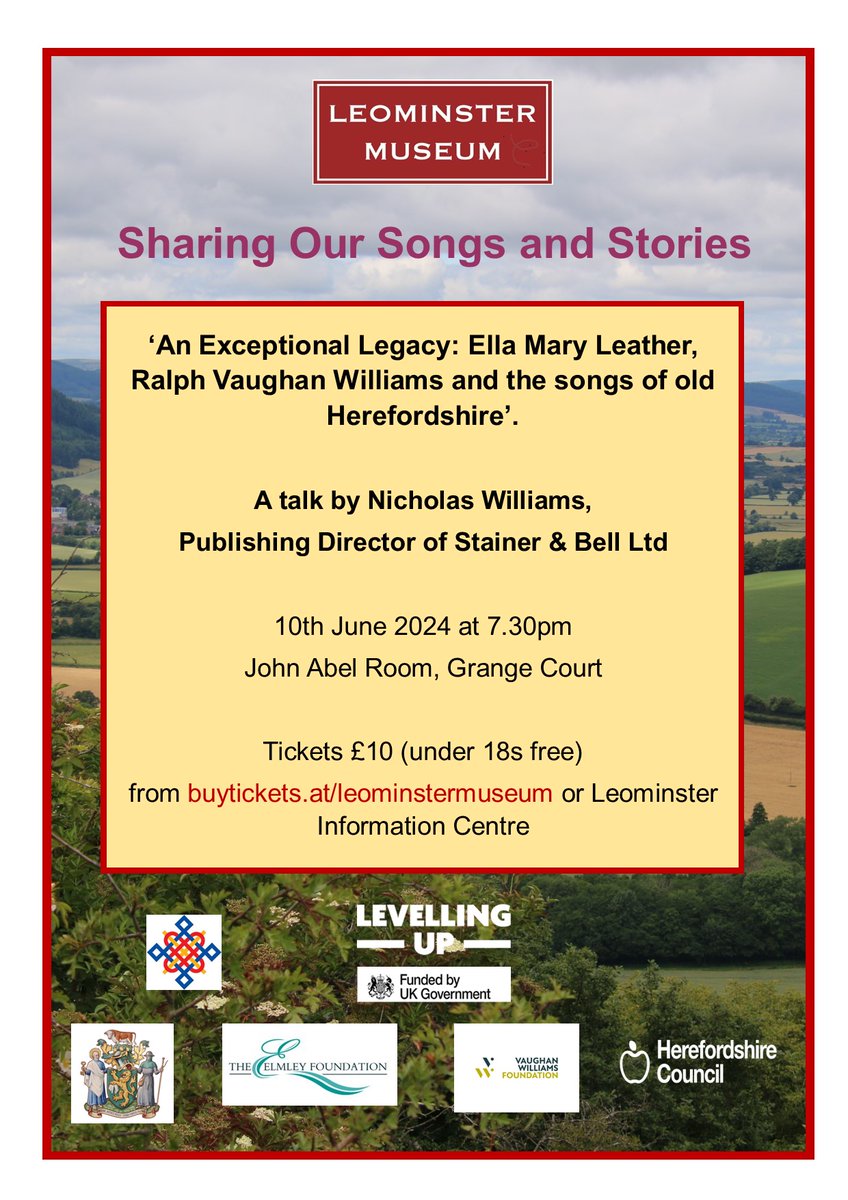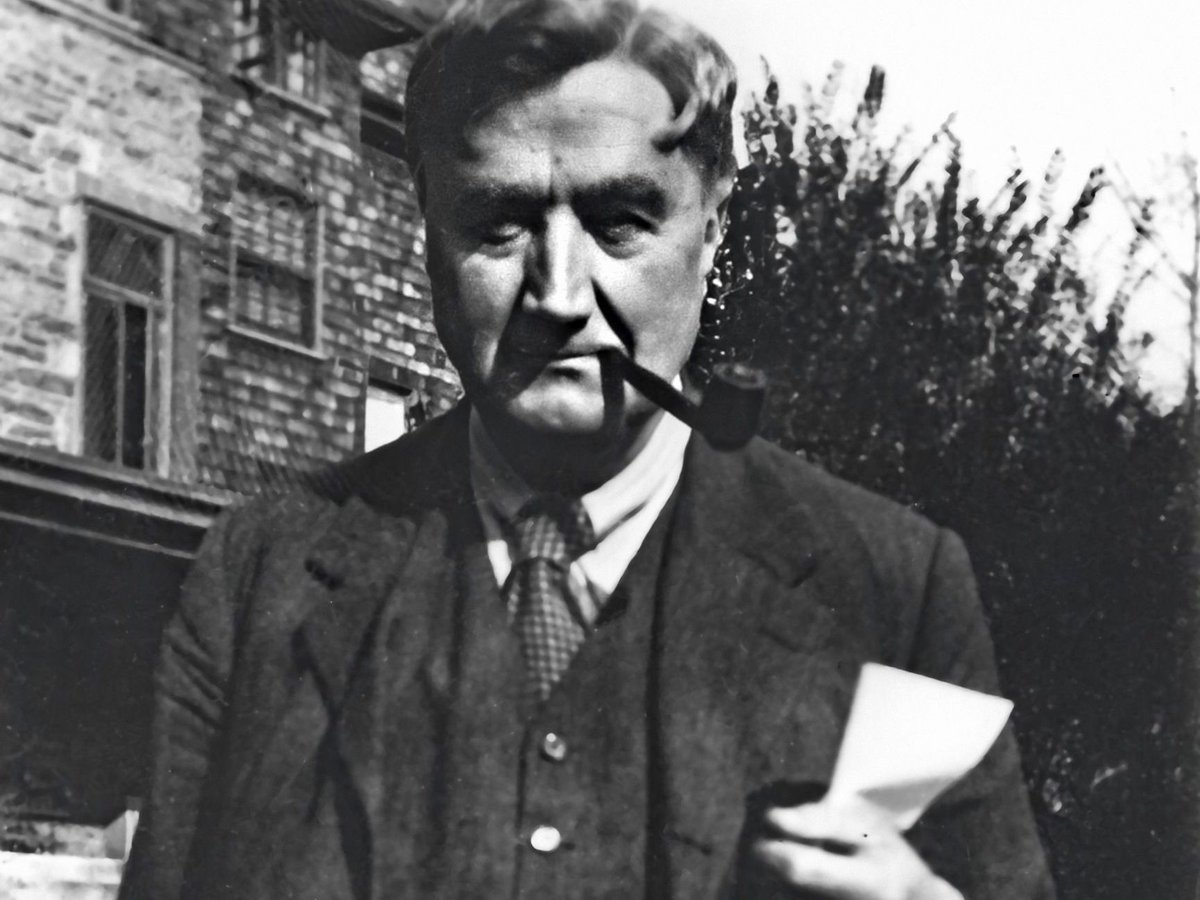Welcome to the Vaughan Williams Foundation – one of the foremost sources of funding for recent and contemporary music in the UK
The Vaughan Williams Foundation is a new grant-giving charity which upholds the values and vision of the celebrated composer Ralph Vaughan Williams and his wife Ursula Vaughan Williams.
Our principal aims are to honour RVW’s desire to support his fellow composers, and to help make his own work widely accessible to the general public.
VWF was founded in 2022, 150 years after the composer’s birth, and brings together the two charities originally set up by Ralph (RVW Trust) and Ursula (Vaughan Williams Charitable Trust).
Funding
VWF supports the work of British/Irish composers from the last 100 years, as well as projects which further the knowledge and understanding of the life and music of Ralph Vaughan Williams, and of the work of Ursula Vaughan Williams.
Applications for funding will open on 4 June. Ensembles, organisations and individuals are invited to apply.
The Foundation also offers annual Vaughan Williams Bursaries for postgraduate composition students.
RVW150
12 October 2022 marked the 150th anniversary of the birth of Ralph Vaughan Williams, and the launch of this Foundation and #RVW150 celebrations continued into the summer of 2023.
Find out more about the composer and explore some of the projects which happened in the anniversary year
READ THE LATEST
THE LETTERS OF RALPH VAUGHAN WILLIAMS
Featured Letter
Get to know the man and his music
RVW’s wide-ranging correspondence – with family, pupils, fellow composers, conductors and performers – paints an intriguing portrait of the man, as well as providing fascinating insights into his major preoccupations: musical, personal and political.
Our searchable database includes over 5000 annotated transcriptions of his correspondence all available to read online.
Letter of the Day
Letter from Ralph Vaughan Williams to Edward J. Dent
Letter No.: VWL326
[April 1910]
Dear Dent
I enclose copy of S. Lad1 with words as I want them.
Claribel is the Tennyson
I send a copy of “The Sky” for words2
I don’t see why you shd bother about putting up the players – it wd rather bore your friends to have to entertain orchestral players wdnt it? I shd think they cd find their way to some little pub cdnt they – but of course its not for me to put them off a good thing!
They are going to rehearse at Cambridge in the afternoon.
Yrs
RVW
1. On Wenlock Edge
2. Claribel and ‘The Sky’ were songs to be included in a forthcoming concert; see VWL307, VWL308, VWL309.
